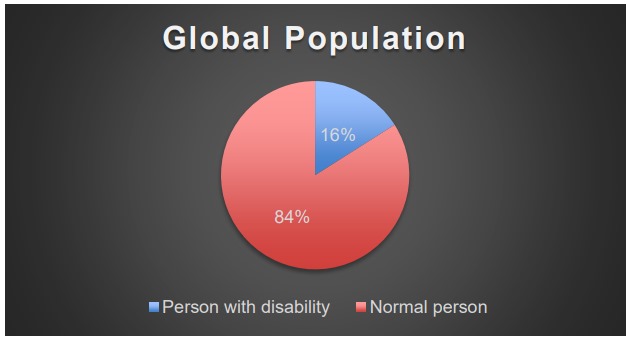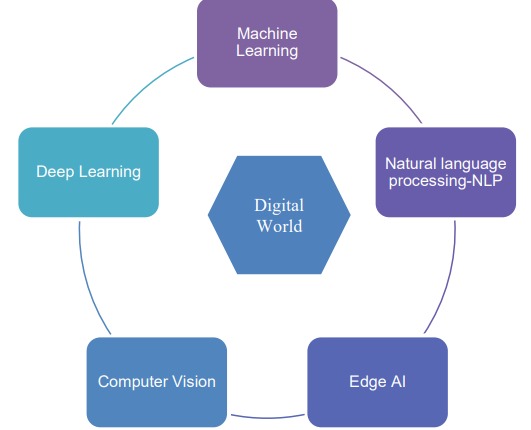Sujeet Kumar Maurya
The 9th edition of the Global Testing Retreat 2024!
About Speaker

Sujeet Kumar Maurya
Senior Associate
Cognizant Technology Solutions
Sujeet is currently working as Senior Associate-Project in Cognizant Technology Solution Bangalore from past 8 Years and 5 months.
• Overall 12 years and 1 Months of experience in Performance testing.
• AWS Certified Cloud practitioner.
• Google Cloud Certified Cloud Digital Leader.
• Trained and proficient in HP Load Runner (Webservices, HTTP/HTML and SAP GUI), Jmeter, ALM, Performance center/LRE2021, Appdynamics, Pivotal Cloud foundry, ELK, CICD-Jenkins, Grafana, SOAPUI, Postman, Parasoft.
• A self-motivated team player, with Excellent Inter-personal and Communication skills.
• Ability to grasp in-depth product knowledge.
• Domain Skills – Banking, Telecomm, Performance testing using HP Load Runner, HPQC.
More Speakers
Digital accessibility has become an integral part of modern-day life because now a days significant portion of the population suffers from one or another form of disabilities. As per latest report from WHO around 1.3 billion of the global population suffers from some sort of disability be it cognitive, physical, or sensory.

To make sure these 16% of global population with disabilities are not left behind from actively participating the digital society today, the ease of digital accessibility becomes a very important and significant part of our society. GenAI has penetrated in almost all the fields be it banking, health care, transportation, military etc. Therefore, it is important to examine the impact of GenAI on digital accessibility of people with disability like blindness, speech, hearing issue. With the technology evolution there issharp increase in the use of digital devicesfor various purposes such as health care services, financial services etc. but not everyone can access these services with ease and comfort because of various issues such as cognitive, physical, and sensory disabilities.
These barriers are overcome by advancement of AI based technologies such as Google vision API, Automated speech recognition(ASR), Google Neural Machine Translation(GNMT) etc. are increasingly being used to improve accessibility for people with disabilities. These technologies have revolutionized the digital accessibility.
Let’s see some examples wherein GenAI is enhancing the interaction with digital platforms :
- ASR can provide captions and subtitles for video content for people with hearing disability.
- Facial and image recognition technologies assist people with visual impairments.
- AI powered Chatbots and Virtual assistant offer accessible communication options to people with speech and hearing disability.

One can utilize the machine learning algorithm’s capabilities to recognize the access barrier to digital resources. Image recognition algorithms can automatically provide alternative text description for images making it easier to access the content for visually impaired person. Similarly, natural language processing algorithms can identify and correct the language for a person with cognitive impairment who fails to understand. Therefore, using these AI features which address the issues of accessibility, technology can be created which will be helpful to all the users regardless of their abilities. There are certain challenges which needs to be addressed for better accessibility and utilization. Some of the challenges and categories are listed below
| Challenge Category | Type |
|---|---|
| Technical challenge |
|
| Data challenge |
|
| Operational challenge |
|
| Knowledge and awareness | Lack of awareness |
| Security and privacy |
|
However, as someone rightfully said with great power comes great responsibility, one must consider the potential risk associated with AI in this context to ensure these technologies are truly beneficial and inclusive of all the
usersirrespective of their physical, mental impairments. In Addition, it isimportant to consider the potential biases present in the data used to train these algorithms, as they may perpetuate existing inequalities and exclusion.
Resolving these issues and making accessibility as top priority, a more inclusive and equal for all digital future would be created.

